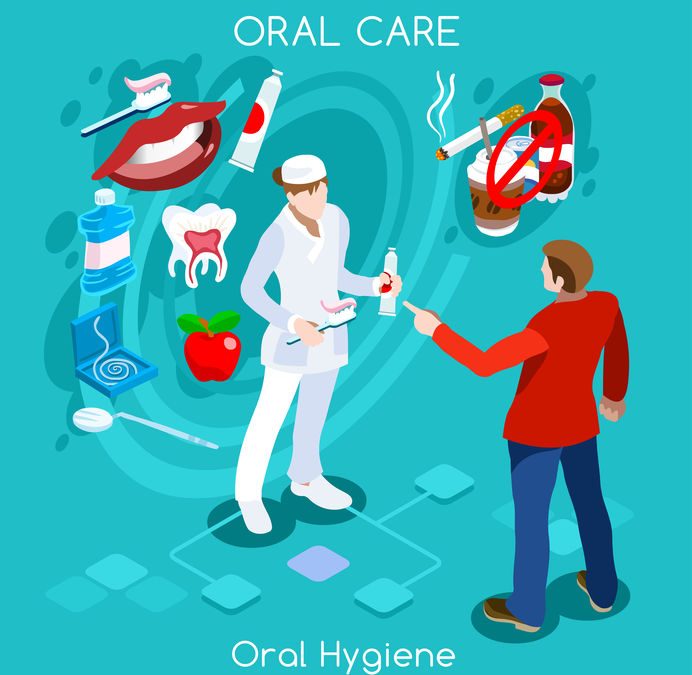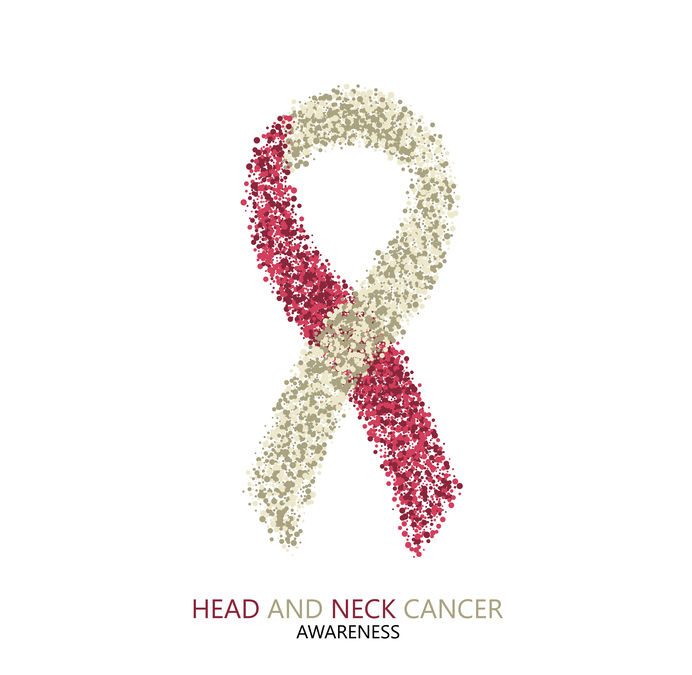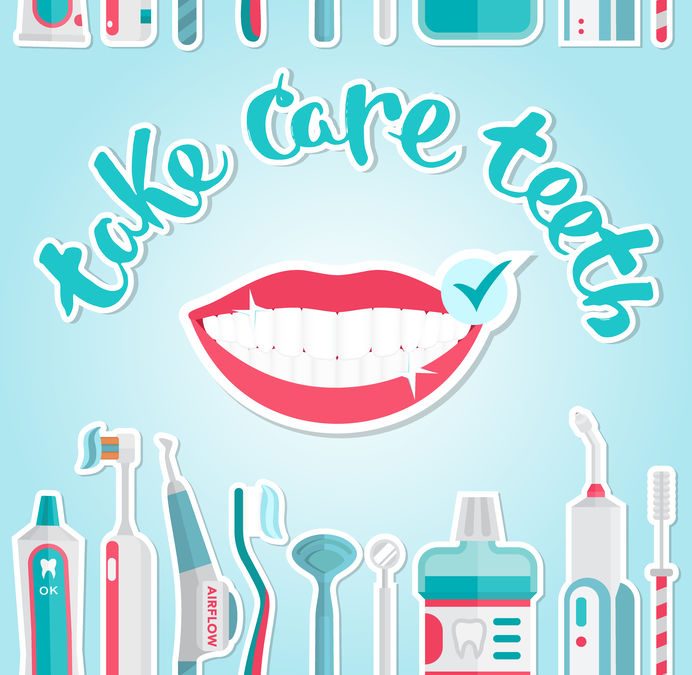Straight Talk About Braces for Adults
Does the word braces call to mind a teenager with a mouth full of metal? If so, it’s time to rethink that picture.
These days, people of all ages want to straighten their teeth. In fact, a huge number of adults are hopping on the braces bandwagon to get the grin they’ve always wanted.
“When I started practicing in the ’90s, I was lucky if 1% of my clients were adults,” says Sunil Wadhwa, DDS, PhD, director of orthodontics at the Columbia University College of Dental Medicine. “It was unheard of for adults to get braces. Now, about 50% of my patients are adults. It’s definitely our fastest growing segment.”
Atlanta’s Elizabeth Stearns got her braces at age 32. She wanted to fix a crossbite — when teeth don’t align as they should. Mostly, though, she wanted to feel better about her smile. After checking out her choices, she went for it and called an orthodontist, a type of dentist who specializes in braces.
He told her she’d be in braces for about 12-18 months, she says. “It seemed like such a short amount of time for a lifetime of comfort and being happy with my teeth. To me, it was totally worth it.”
We’ve gone beyond tooth survival, she adds. “People want their teeth to be healthier. They want their bite to be better, and they want them to look great.”Bracing Yourself for Treatment
Braces can straighten teeth, line up your jaws to give you a better bite, space out crowded teeth, and close gaps in your smile. But before you commit to tooth correction, it’s good to know exactly what you’re getting into.
When you have them, you’ll need to:
- Make time for checkups. “I usually see people every 4 to 6 weeks,” Will says. “Sometimes adults get very busy, but they have to be willing to come.”
- Watch what you eat. “It’s important to be really careful around hard or sticky foods so you don’t break off the brackets,” she says.
- Brush and floss longer than before. “Hygiene is going to be more difficult with the appliances on their teeth,” she says.

How to Lower the Risk of Oral Cancer
How to Lower the Risk of Oral Cancer It is Oral Cancer Awareness Month which means it’s a good time to learn about how to lower the risk of Oral Cancer. Lowering your risk of oral cancer can be done by following these simple steps. Eat plenty of fruits and vegetables...

Identifying Signs of Mouth Cancer
Identifying Signs of Mouth Cancer How can one tell if they have oral cancer? It’s important to know the specific areas in which cancer can spread in the mouth as well as knowing the signs and symptoms. If any of the symptoms persist for more than two weeks it is...

Oral Care Products for a Beautiful Smile
Oral Care Products for a Beautiful Smile Are you someone who loves smiling? Or are you someone who hides their smile because they feel as though their teeth don’t look healthy enough? Regardless if you’re either one of these people then you should already know that...

